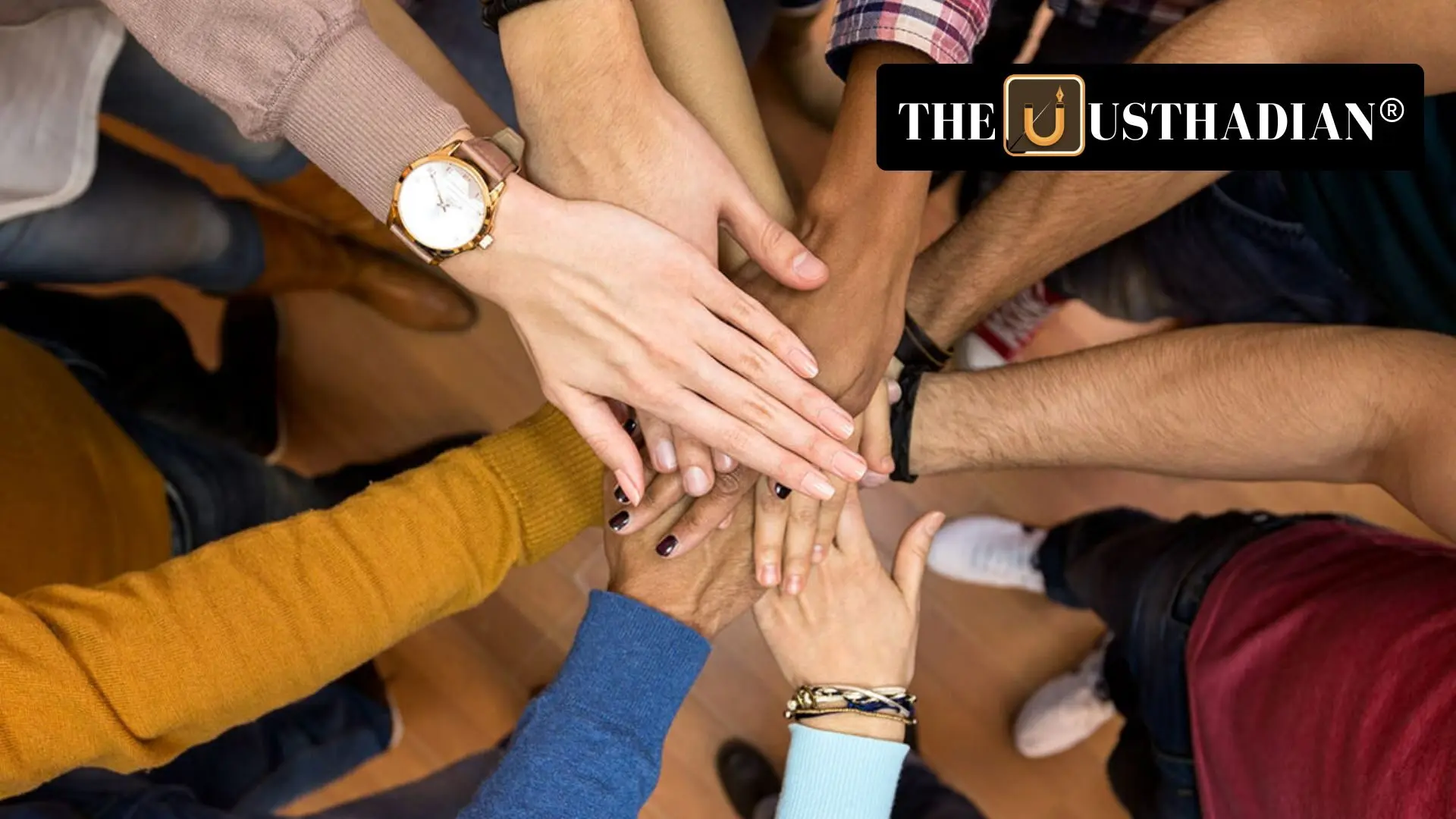A Global Day for Inclusion and Human Dignity
Zero Discrimination Day 2025: Standing Together for Equality and Dignity: Zero Discrimination Day, observed every year on March 1, is a global call to action for a world where every person can live with dignity and without bias. Initiated in 2014 by UNAIDS, this international event urges communities, governments, and individuals to speak out against social exclusion, unjust treatment, and inequality. The observance champions the message that discrimination in any form—based on gender, HIV status, sexual orientation, or ethnicity—has no place in society.
Why 2025’s Theme Matters: We Stand Together
The theme for Zero Discrimination Day 2025, “We Stand Together”, emphasizes the vital role of grassroots organizations in fighting HIV-related stigma and ensuring equal healthcare access. These community-led groups serve as the backbone of HIV prevention efforts by offering counselling, testing, and awareness programs in under-resourced areas. However, many are facing setbacks due to funding shortages, legal barriers, and persistent prejudice, prompting UNAIDS to call for increased support and protection for these local champions.
HIV, Stigma, and the Need for Policy Change
Despite progress in treatment, HIV discrimination remains one of the biggest obstacles to public health. Many people avoid testing or treatment because of the fear of societal judgment or criminalization of their identity or profession. In India, the decriminalization of Section 377 in 2018 was a landmark achievement for the LGBTQ+ community, but discrimination still persists in workplaces, schools, and medical facilities. Zero Discrimination Day urges reforms in law, education, and public attitudes to foster an environment where everyone feels safe and respected.
What UNAIDS Recommends
To advance its mission, UNAIDS proposes several critical measures, including legal recognition for community-based HIV service providers, long-term funding for prevention efforts, and involving local leaders in decision-making. The organization also calls for an end to criminal laws targeting vulnerable groups and a commitment to gender equality. With 41 countries currently part of the Global Partnership to End HIV-Related Discrimination, progress is underway—but broader implementation is urgently needed to uphold human rights in healthcare.
The Story Behind the Day
Zero Discrimination Day was first proposed by Michel Sidibé, then head of UNAIDS, during an event in Beijing on February 27, 2014. It quickly gained international recognition and became a symbol of resistance against discriminatory laws and practices. Since then, nations like India, Liberia, and the United States have used the day to spotlight marginalized communities and push for policy reforms. Whether it’s protesting HIV stigma in West Africa, challenging anti-LGBTQ+ laws in South Asia, or commemorating historical injustices elsewhere, the day reinforces a shared global message—everyone deserves equality.
Static GK Snapshot
Zero Discrimination Day 2025: Standing Together for Equality and Dignity:
| Topic | Details |
| Date Observed | March 1 (Annually) |
| Launched By | UNAIDS (2014), initiated by Michel Sidibé |
| Theme for 2025 | We Stand Together |
| Main Goal | To promote dignity, equality, and social inclusion |
| 2025 Focus | Community-led responses to HIV |
| Major Challenges | Stigma, funding gaps, legal constraints |
| Global Initiative Participants | 41 countries part of the UNAIDS Global Partnership |
| Notable Activism Examples | Section 377 India, HIV rights in Liberia, Armenian protest in California |








